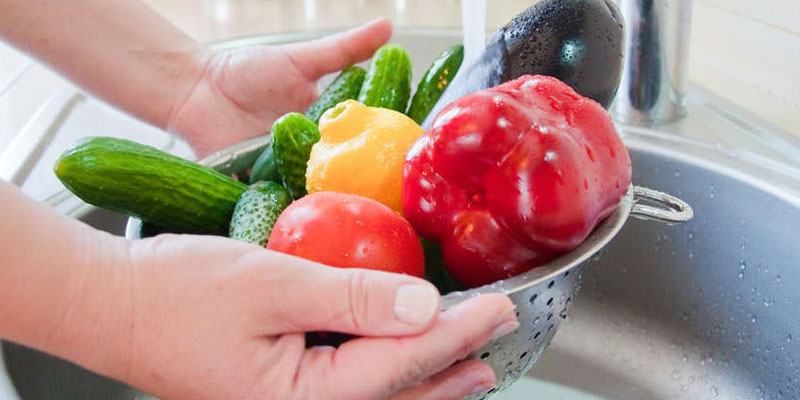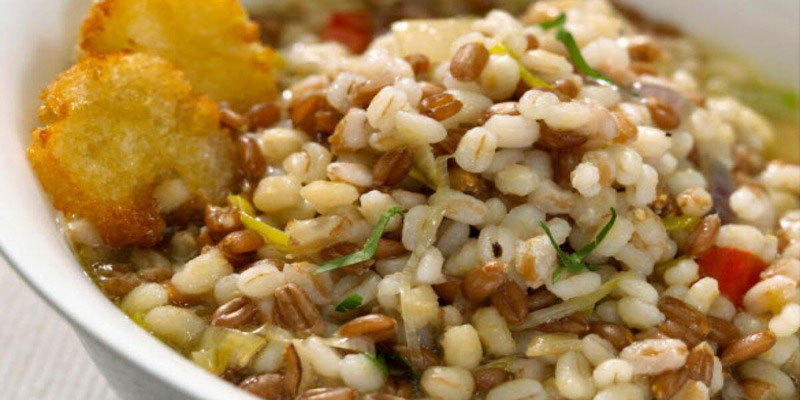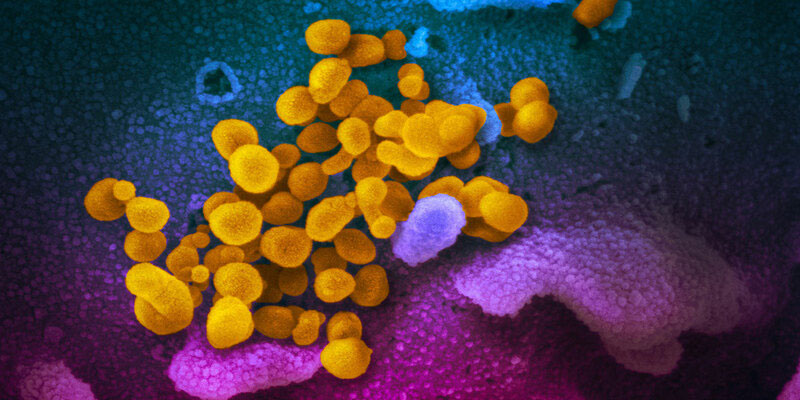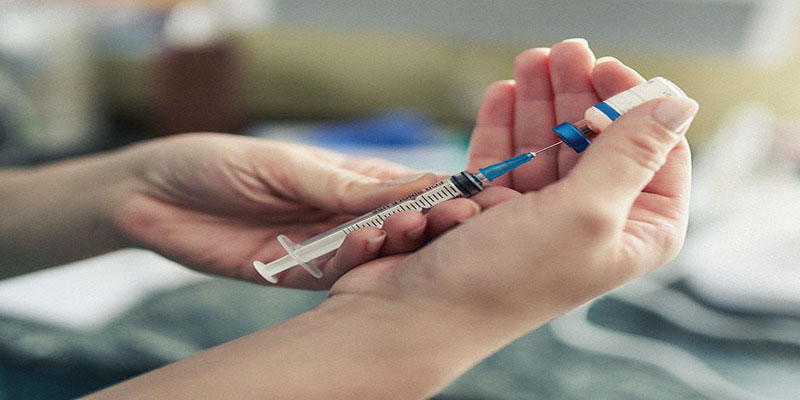Eating fresh fruits and vegetables may add vitamins, minerals, fiber, and antioxidants to your diet. It has long been advised that before consuming fresh fruits and vegetables, one should thoroughly rinse under running water to eliminate any residues on their surfaces.
Nonetheless, the COVID-19 epidemic has led to several headlines advocating more abrasive methods of washing fresh fruit before consumption, leading some to question if water alone is sufficient. This post will look at what you should and shouldn't do while washing fresh produce for consumption.
The Importance of Washing Fresh Produce
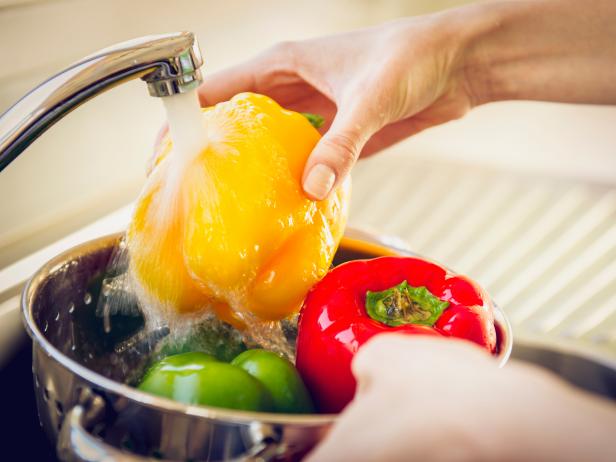
Whether or not there is a global pandemic, it is always important to wash your produce well before eating it to reduce your risk of ingesting hazardous residues and bacteria. Many hands will have touched the fresh fruit or vegetables you buy at the supermarket or farmers market.
One should always presume that unwashed hands have touched fresh fruit. It is reasonable to suppose that many of the fresh fruits and vegetables you buy have been sneezed or coughed on during their time in these busy places.
You may greatly decrease the number of residues that may have been left on fresh fruits and vegetables by washing them well before eating them.
The Most Effective Ways to Wash Fruits and Vegetables
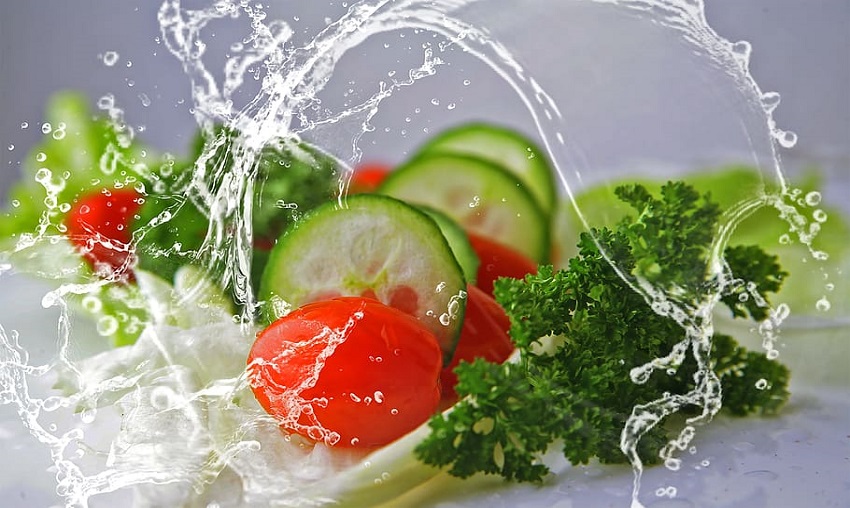
The current epidemic has caused many people to question whether or not just washing fruits and vegetables with water is sufficient to remove any potentially harmful bacteria before eating them. Some suggested soap, vinegar, lemon juice, and even industrial cleaners like bleach as preventative measures.
Experts in food and health safety, such as those at the FDA and CDC, warn against following this recommendation and recommend that people drink only water. In addition to being unneeded for removing the most toxic residues from food, using such compounds may bring additional health risks. Never use bleach or other professional cleaning products on your meals since they are poisonous if ingested.
It has been found that simple water is just as effective as other methods of washing fruit and that using other methods, such as lemon juice, vinegar, or vegetable washes, may even leave behind more residues than using only water.
Cool tap water is often sufficient for eliminating most contaminants. However, other studies have found that neutral electrolyzed water or a baking soda bath is even more effective.
Methods For Using Water To Clean Produce
For personal hygiene and food safety, it is recommended that you wash your produce in cold water before eating it. Remember that you should wait to wash your fresh fruits and vegetables immediately before you consume them. Bacteria growth might be encouraged by washing produce before keeping it.
Clean your hands thoroughly with soap and water before handling fresh food. Before preparing your vegetables, ensure the sink, countertops, and other tools you'll need are spotless.
First, you should remove any damaged or spoiled parts of fresh vegetables. The best way to avoid introducing bacteria from the surface into the flesh of a fruit or vegetable that will be peeled is to wash it first. In general, you can wash your fruit and vegetables in one of these ways:
Solid Harvest
Firm-skinned fruits and vegetables like apples, and root vegetables like potatoes, carrots, and turnips, can all benefit from being brushed with a clean, soft bristle to remove residues from their pores better.
Leafy Vegetables
You should peel the outer layer off leafy greens like spinach, lettuce, like Brussels sprouts and bok choy, then immerse them in a basin of cool water, swirl them around, drain them, and rinse them in new water.
Sensitive Foods
Using constant water and mild rubbing with your fingertips to remove grit works well for cleaning delicate food like berries, mushrooms, and other items.
Conclusion
Maintaining safe and clean eating practices is crucial to your health. Washing fresh produce removes any harmful residues or bacteria on its surface.
Due to widespread concerns during the recent COVID-19 outbreak, many consumers have begun to question whether or not more intensive washing procedures, such as utilizing soap or professional cleansers, are preferable when cleaning their fresh fruit.
There is widespread agreement among medical experts that this is neither helpful nor required and may even be harmful. The best time to clean produce is shortly before consumption when cool water and a little scrub do the trick.
More dirt may be cleaned off fruits and vegetables with more layers and surface area if you swirl them about in a basin of cold water. As long as proper sanitation procedures are followed, eating a diet rich in fresh fruits and vegetables is a great way to stay healthy.
